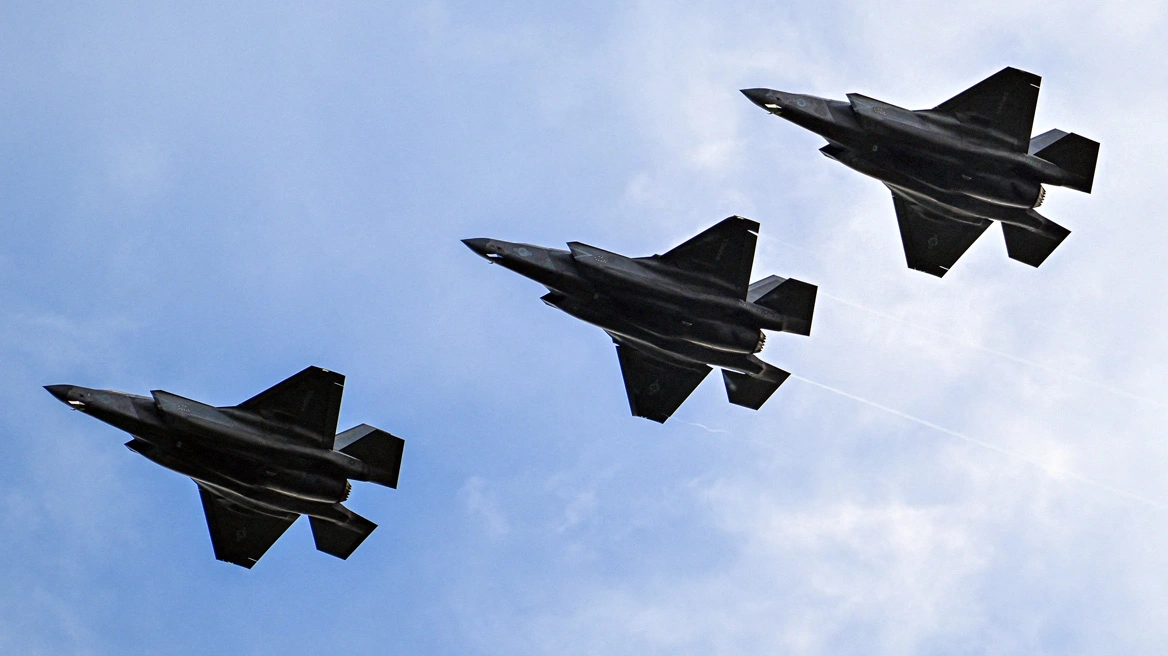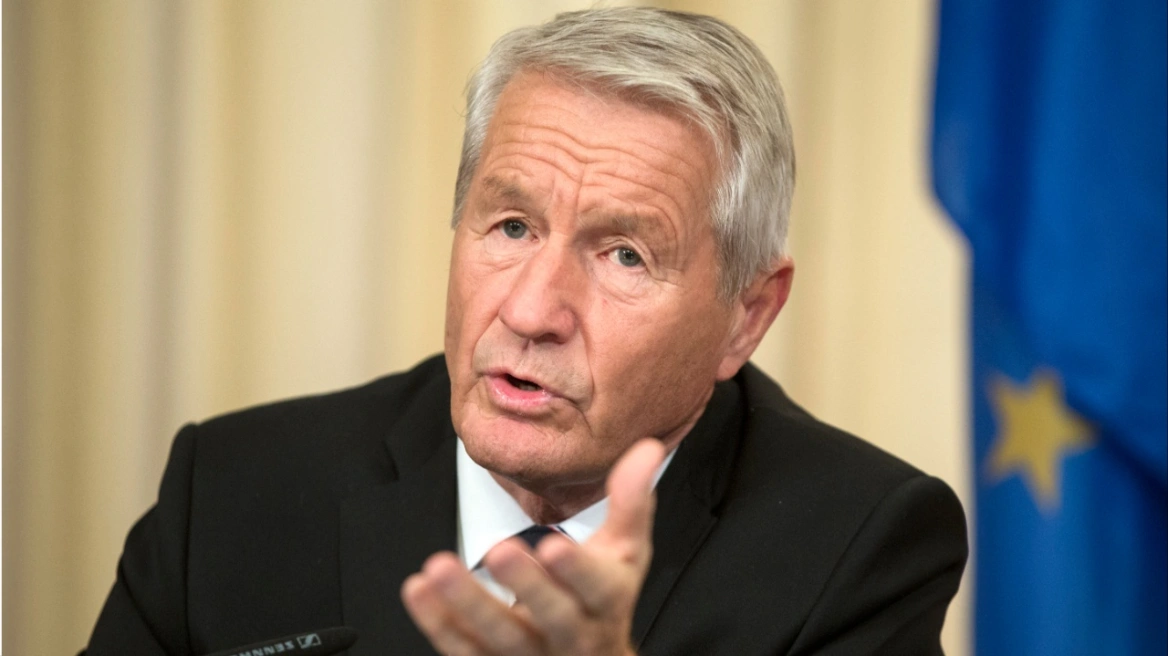“Violence-promoting Islamist extremism currently constitutes the biggest threat to Sweden,” according to a January 15 press release from the Swedish Security Service (Säpo). “The level of the terror threat remains elevated, a three on a five-point scale. This means that a terrorist act is likely to occur,” said Klas Friberg, head of Säpo.
“In order to meet the threat from terrorism, the Security Service will in future work even more strategically to limit the growth of extremist environments. It may be about dealing with [omhänderta] persons who constitute a security threat or, in cooperation with other authorities, working harder to ensure that these individuals are prosecuted for other crimes – or have their opportunities cut.”
While Säpo is assuring the Swedish public that it will do “even more” to limit the growth of terrorist environments in Sweden, the Swedish government is exacerbating the problem by welcoming returning ISIS fighters back into the country. Approximately 300 people left Sweden to fight for ISIS and it is estimated that approximately 150 Swedish ISIS fighters have returned to Sweden. Approximately 50 of those who didn’t return were killed.
The head of Säpo, in January, had described[1] returning ISIS fighters as “broken people who have been traumatized by their experiences” and said that Swedish society has to “play a big role in re-integrating them”. [2]
Swedish law does not allow the security services to take all necessary measures against returning ISIS fighters, even though a relatively new law, meant to address the problem of terrorists in Sweden, was adopted in 2016. The law does not allow authorities, for example, to seize or search the mobile phones and computers of returning ISIS fighters, unless there is a concrete suspicion of a crime, according to Fredrik Hallström, deputy head of Säpo‘s unit for “ideologically motivated actors.” Furthermore, according to Hallström, the authorities do not know whether the returning fighters constitute a danger or not to Swedish citizens: “It is also difficult to answer because the assessments we make can change”.
Many of the ISIS fighters took their families, including small children, with them when they joined ISIS. A Swedish-speaking family who had travelled to join ISIS had made a home movie, recently aired by the Swedish media, about their life of jihad. In one scene, the mother is practicing her shooting, while father helpfully explains to the children, “Now we will look at mommy when she is doing jihad”. The home movie also shows the wife shooting off her gun while gleefully exclaiming, “That was cool!” and “Allahu Akbar” (“God is the greatest”).
In another scene, the father can be seen getting ready to go out and kill, while telling his young son and his toddler daughter about how he stole a walkie-talkie from an “infidel” whom he had shot through the head and killed. The little boy explains to the father how to best use the ammunition for his assault rifle and asks to come along, but the mother tells him that his father still thinks he is “too young”. The narrator of the film explains that many children of such ISIS families have returned to Sweden with their families and attend Swedish kindergartens and schools. The family in the movie is one of them. Swedish local authorities, however, do not know how many children have returned. According to a poll that Swedish Television channel SVT conducted among Swedish municipalities, Swedish municipalities are only aware of 16 adults and 10 children, out of 150 returnees.
Read more HERE
Ask me anything
Explore related questions





